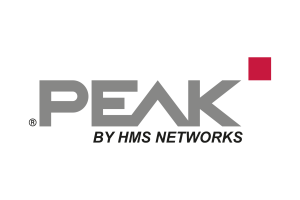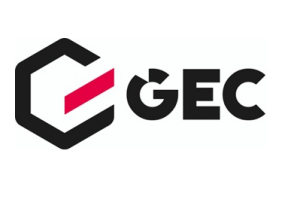Advertorial
MachineWare QEMU-based Level 4 Virtual ECUs
Leadership in software has become a critical success factor in the automotive industry, as evidenced by the significant investments made by major brands to strengthen their software offerings.
This importance is further underscored by the increasing complexity of automotive hardware/software systems due to the emergence of ADAS and autonomous driving technologies. Combined with the rigorous demands for safety and security in automotive components, this trend presents a major challenge for the industry.
Simulation technology plays a crucial role in addressing this challenge. One of the main advantages of simulation is its scalability compared to physical hardware test rigs, which occupy large halls in automotive factories. Simulation allows for the identification and resolution of many issues before moving to hardware prototypes, enabling the earlier availability of mature software. However, the growing complexity of automotive systems has also affected simulators, as simulation performance declines with larger target system complexity. Moreover, integrating multiple IP models into a single comprehensive full system simulation is challenging, as the slowdown of a single model can bring the entire simulation to a halt.
MachineWare GmbH, a German virtual prototyping company, has risen to meet this challenge with their innovative solutions. Their offerings include level 4 virtual ECUs, which are highly accurate models of physical ECUs capable of executing unmodified target binaries. MachineWare achieves high simulation performance by leveraging the popular open-source simulator QEMU, renowned for its fast processor models. To tackle the modeling of more complex systems, MachineWare provides the open-source modeling library VCML, which also offers integrations with popular third-party tools like GDB or Lauterbach Trace32 debuggers, code coverage tools, and scripting interfaces for Continuous Integration (CI).
Additionally, MachineWare offers open interfaces to connect virtual ECUs to common networks such as Ethernet or CAN, enabling the co-simulation of multiple interconnected virtual ECUs.








